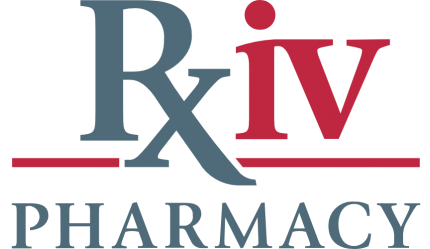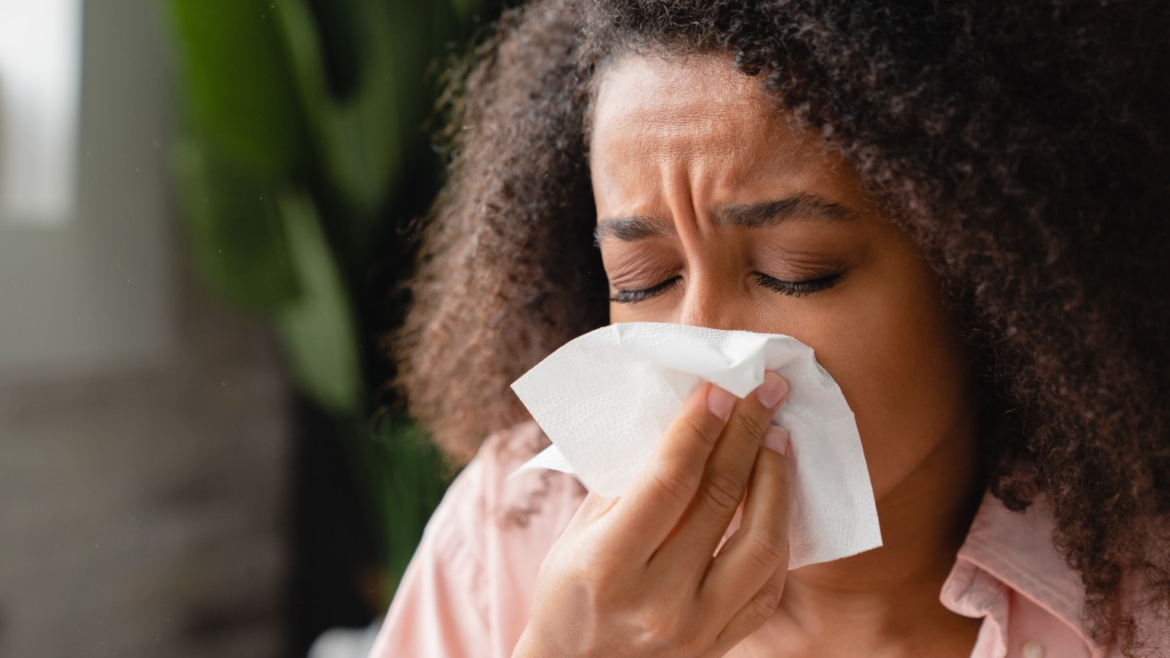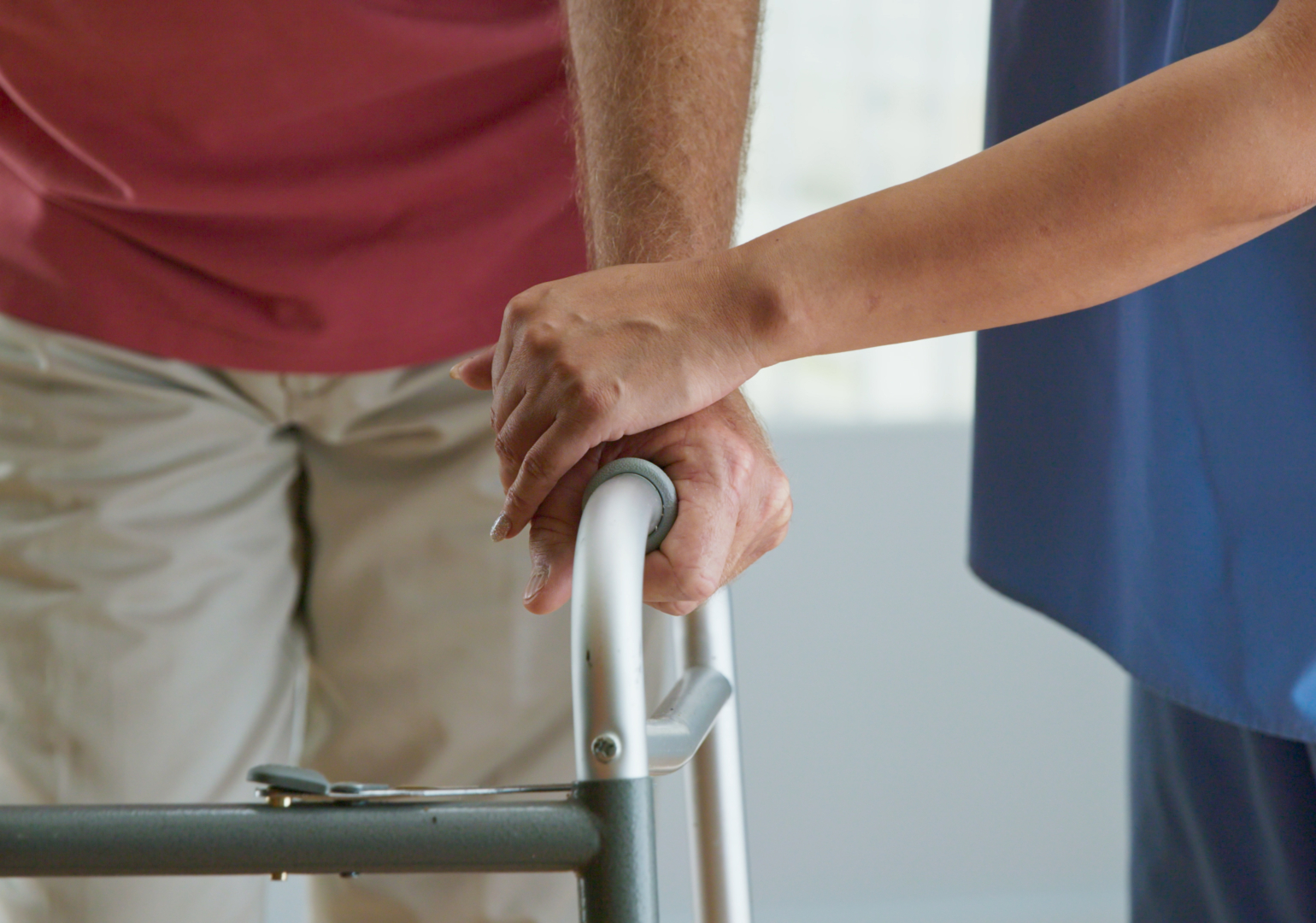How to Prevent and Treat Pneumonia
Pneumonia is a serious infection of the lungs that can cause difficulty breathing, fever, cough, and chest pain. Pneumonia can affect anyone, but some people are more at risk, such as older adults, children, and people with chronic diseases or weak immune systems. Pneumonia can be caused by different types of germs, such as bacteria, viruses, or fungi, and it can be spread through the air or by contact with contaminated surfaces. Pneumonia can sometimes lead to complications, such as lung damage, blood infections, or even death. Therefore, it is important to know how to prevent and treat pneumonia, and when to seek medical help.
How to Prevent Pneumonia
The best way to prevent pneumonia is to boost your immunity and avoid exposure to the germs that cause it. Here are some tips on how to prevent pneumonia:
- Get vaccinated. Vaccines can protect you from some of the common causes of pneumonia, such as influenza, pneumococcal bacteria, and COVID-19. Talk to your doctor about which vaccines are recommended for you, and make sure you get them on time. Vaccines are especially important for people who are at high risk of pneumonia, such as older adults, children, and people with certain medical conditions.
- Wash your hands. Washing your hands frequently with soap and water or using an alcohol-based hand sanitizer can help prevent the spread of germs that can cause pneumonia. You should wash your hands before and after eating, after using the bathroom, after coughing or sneezing, and after touching anything that may be contaminated.
- Avoid people who are sick. If you know someone who has pneumonia or another respiratory infection, try to avoid close contact with them until they are better. You should also stay away from people who are coughing or sneezing. If you have to be near someone who is sick, wear a mask and practice good hygiene.
- Adopt healthy habits. Eating a balanced diet, drinking plenty of fluids, getting enough sleep, and exercising regularly can help strengthen your immune system and lower your risk of pneumonia. You should also avoid smoking or exposure to secondhand smoke, as this can damage your lungs and make you more susceptible to pneumonia. If you have a chronic disease, such as asthma, diabetes, or heart disease, you should follow your doctor’s advice and take your medications as prescribed.
- Keep colds from turning into pneumonia. Sometimes, a common cold or flu can develop into pneumonia if not treated properly. If you have a cold or flu, you should rest, drink warm fluids, use a humidifier or steam to ease your breathing, and take over-the-counter medicines to relieve your symptoms. However, if your symptoms get worse or last longer than a week, you should see your doctor, as you may need antibiotics or antivirals to treat your infection.
How to Treat Pneumonia
If you have pneumonia, you should seek medical attention as soon as possible, as early treatment can prevent complications and speed up your recovery. The treatment for pneumonia depends on the type and severity of your infection, your age, and your overall health. The main treatments for pneumonia are:
- Medications. Depending on the cause of your pneumonia, you may be prescribed antibiotics, antivirals, or antifungals to kill the germs and clear the infection. You should take your medications exactly as directed by your doctor, and complete the full course, even if you feel better. Stopping your medications too soon can make the infection come back or become resistant to treatment. You may also be given painkillers, fever reducers, or cough suppressants to relieve your symptoms.
- Oxygen therapy. If your pneumonia is severe or you have trouble breathing, you may need oxygen therapy to help you get enough oxygen in your blood. Oxygen therapy can be received through a nasal cannula, a mask, or a tube inserted into your windpipe. Oxygen therapy can improve your breathing and prevent organ damage. Contact Sun Medical for all of your oxygen therapy needs.
- Breathing treatments. If you have mucus or phlegm in your lungs, you may benefit from breathing treatments that can help loosen and remove the secretions. Breathing treatments can be given through a nebulizer, which is a device that turns liquid medicine into a fine mist that you inhale. Nebulizers can deliver medications that can open your airways, reduce inflammation, or thin the mucus. You can use a nebulizer at home or in a hospital, but you should follow the instructions on how to use and clean it properly. You can learn more about how to store and maintain a nebulizer from this article: What is the Best Way to Clean and Store a Nebulizer?
- Hospitalization. In some cases, you may need to be hospitalized for pneumonia, especially if you are older, have other health problems, or have severe symptoms. In the hospital, you may receive intravenous fluids, medications, oxygen therapy, or other treatments. You may also need intensive care or mechanical ventilation if your pneumonia is life-threatening.
How to Recover from Pneumonia
Recovering from pneumonia can take time and patience, as it can affect your physical and mental health. You should follow your doctor’s advice and take care of yourself until you are fully recovered. Here are some tips on how to recover from pneumonia:
- Rest. You may feel tired and weak for a while after having pneumonia, so you should rest as much as possible and avoid strenuous activities. You may need to stay in bed for a few days or weeks, depending on the severity of your pneumonia. You should also get enough sleep and avoid stress.
- Drink plenty of fluids. Drinking fluids can help prevent dehydration, thin the mucus in your lungs, and flush out the toxins from your body. You should drink water, juice, broth, or herbal tea, and avoid alcohol or caffeine, as they can dehydrate you or irritate your lungs.
- Eat well. Eating a nutritious diet can help boost your immune system and speed up your healing. You should eat foods that are rich in protein, vitamins, minerals, and antioxidants, such as fruits, vegetables, lean meats, eggs, nuts, and seeds. You should also avoid foods that are high in sugar, fat, or salt, as they can worsen your inflammation or increase your blood pressure.
- Monitor your symptoms. You should keep track of your symptoms and watch for any signs of improvement or worsening. You should also check your temperature regularly and report any fever to your doctor. You should see your doctor for a follow-up visit after you finish your treatment, and have a chest X-ray to make sure your lungs are clear.
- Seek help if needed. If you have any complications or side effects from your treatment, you should contact your doctor right away. You should also seek emergency care if you have any of these symptoms: severe chest pain, difficulty breathing, coughing up blood, confusion, or fainting. These could indicate a serious problem, such as a lung abscess, a blood clot, or a heart attack.
Conclusion
Pneumonia is a serious lung infection that can affect anyone, but some people are more at risk, such as older adults, children, and people with chronic diseases or weak immune systems. Pneumonia can be prevented by getting vaccinated, washing your hands, avoiding people who are sick, adopting healthy habits, and keeping colds from turning into pneumonia. Pneumonia can be treated with medications, oxygen therapy, breathing treatments, or hospitalization, depending on the type and severity of the infection. Recovering from pneumonia can take time and patience, and you should rest, drink plenty of fluids, eat well, monitor your symptoms, and seek help if needed. By following these tips, you can prevent and treat pneumonia, as well as improve your lung health and quality of life. You can also learn more about how to choose the best medical equipment for lung diseases, such as COPD, from this article: How to Choose the Best Medical Equipment for COPD.



